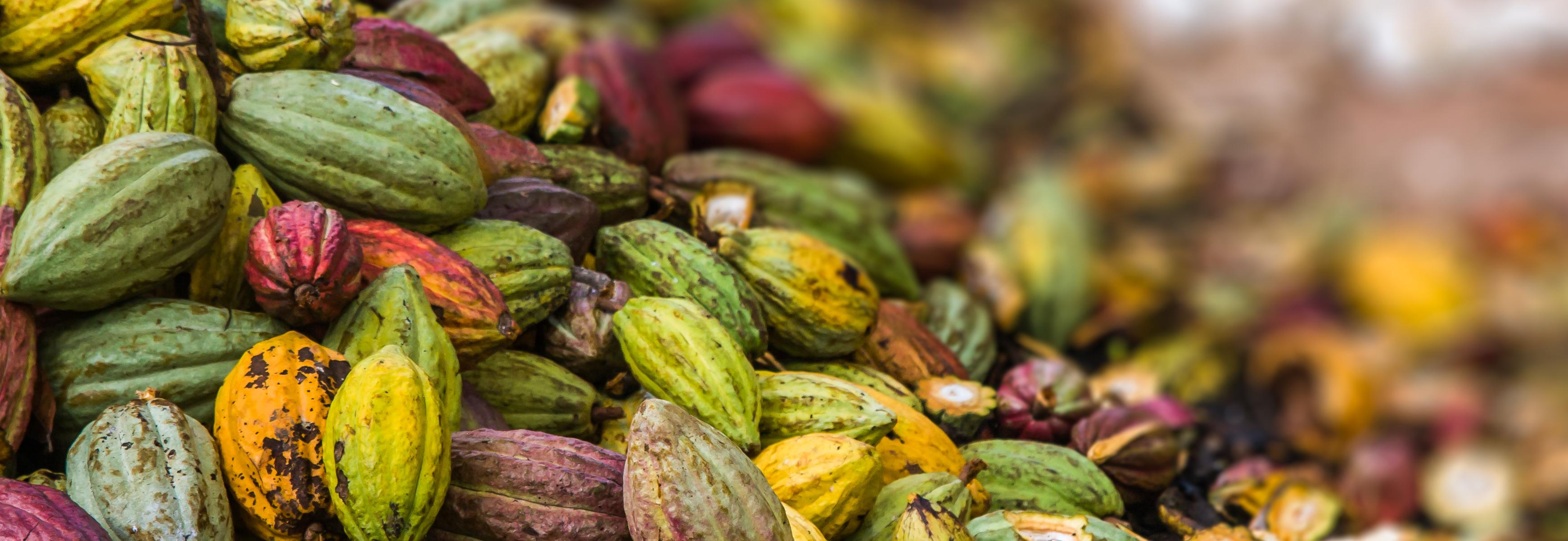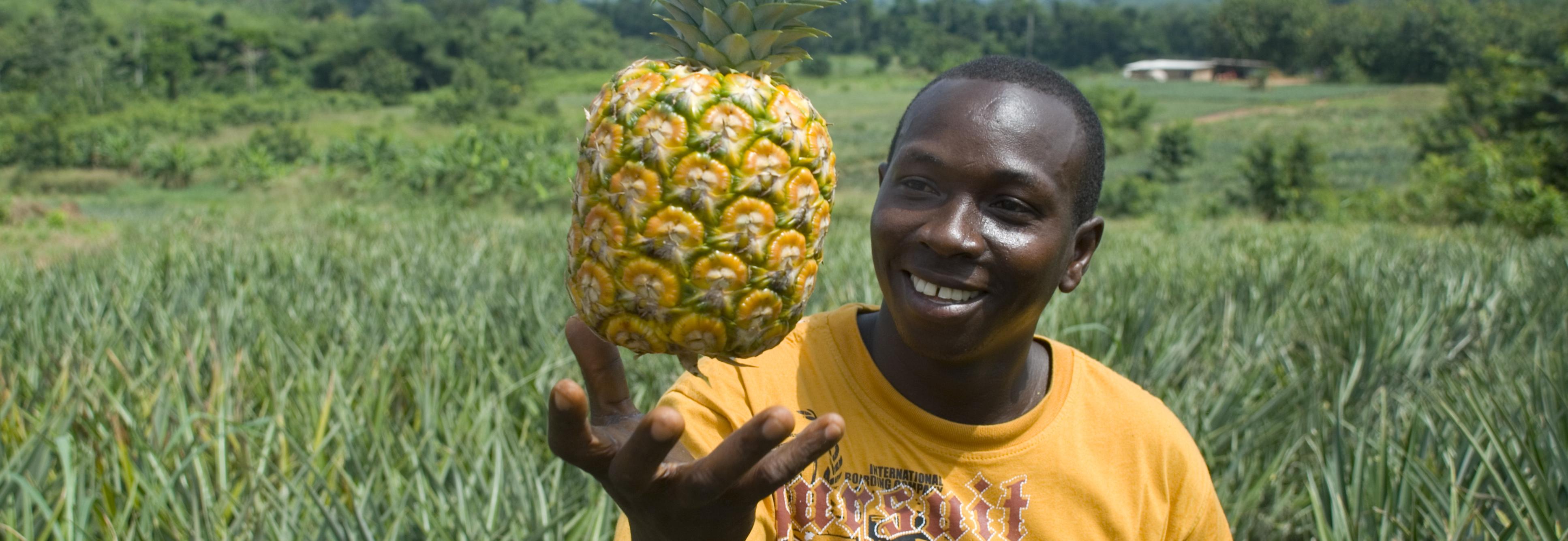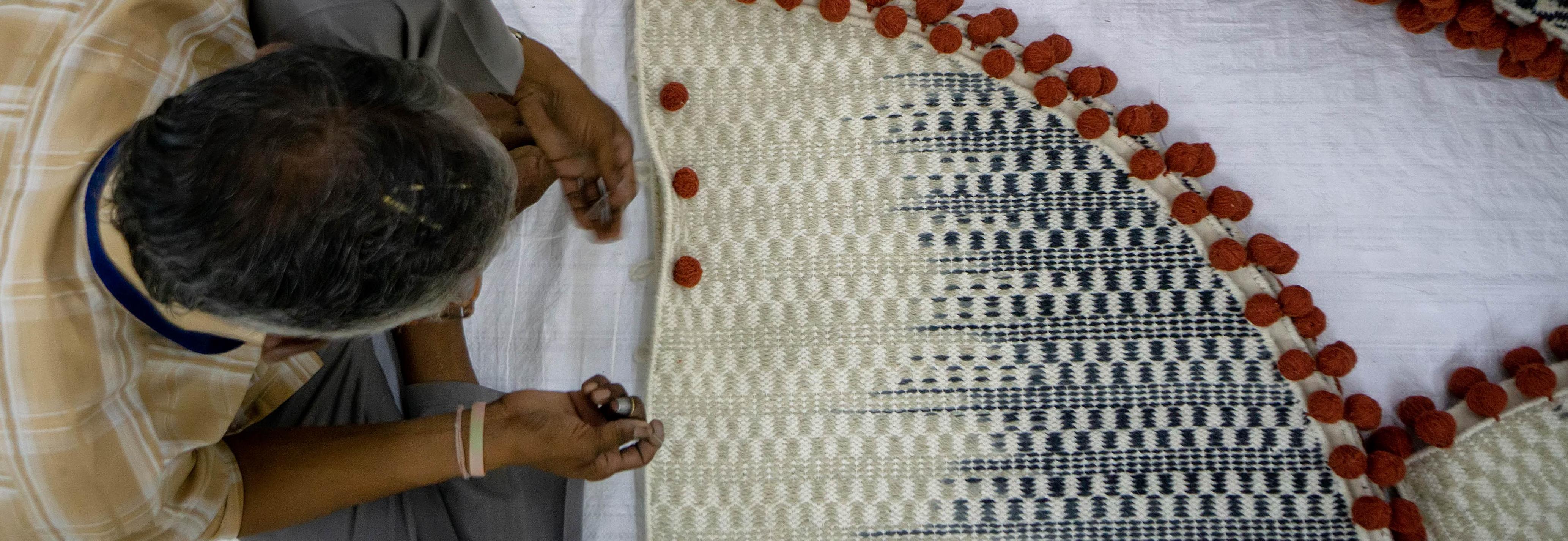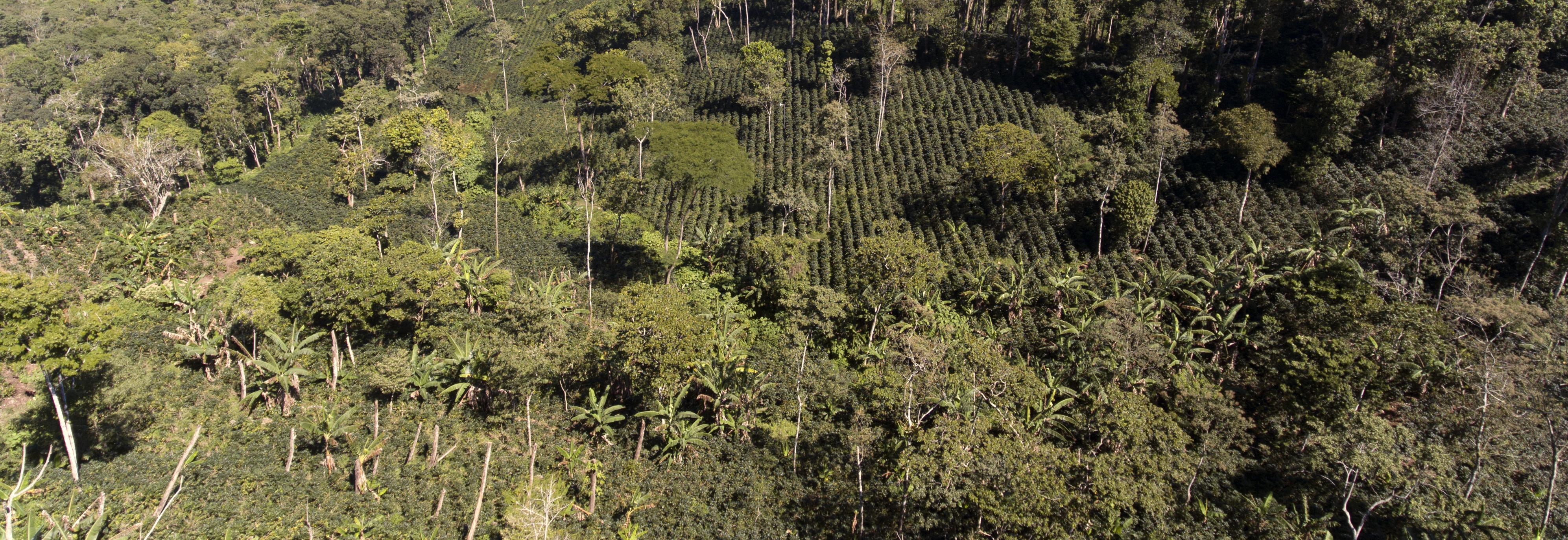Last month, the Living Income Community of Practice, with Living Income Thematic Group of Cote d’Ivoire and IDH, brought together experts from the NGO, government and business sectors for a workshop in Abidjan, Côte d’Ivoire, on living income in the West African cocoa sector.
The workshop allowed participants to dive deep into available data and experience on the current innovations underway in the field of living income, specifically within the Ivorian cocoa sector. The workshop also sought to better understand the context of a dynamic enabling environment that requires strong governance, shared risk and value and multiple pathways to achieve a living income. The workshop participants drew from evidence-based experience within the cocoa sector and other agricultural sectors.
Workshop participants explored the following themes:
- Putting cooperatives front-and-centre: Panellists discussed why cooperatives are crucial to improving living income impacts. They emphasised the importance of having in place long-term commitments, and good agreement mechanisms.
- Procurement practices: what really matters? Change is required by multiple public and private actors at a more systemic level. Procurement practices and trading relationships are key in distributing value across supply chain actors. The panel discussed the relationship between importance of procurement and sustainability.
- Labor strategies for living income investments: Understanding the complexities of labour requirements in farming practices is critical to supporting the profitability of farm systems. The panel discussed the realities of labour availability, quality and cost in cocoa farming.
- Tailoring services for different farmers: Farming communities are highly diverse, for example, with some families owning a large amount of land, some work as sharecroppers, while for others, agriculture acts as a secondary income source. The workshop explored how companies, cooperatives and service providers can better understand the different segments of the farming community to improve tailored services for a variety of farmers.
- Income diversification to close the gap: Diversification is a promising strategy for increasing net household income while also improving resilience. A variety of diversification opportunities have been created, from family gardens to entrepreneurial businesses. In the workshop, Rikolto and TechnoServe shared examples of diversification projects.
- Latest news from EU policy: During the session, Simon Gmeiner discussed the policy update and new joint declaration on living income and living wage from Belgium, Luxembourg, Germany and the Netherlands. He highlighted the implications that these developments have for the living income movement.
The workshop offered valuable insights into the challenges and opportunities of living income programmes. Following the workshop, a learning brief capturing the key factors for successful living income programmes was developed. This is available, alongside other resources from the living income programmes workshop.
The Living Income Community of Practice is an open multi-stakeholder partnership that aims to generate guidance and support on measuring and reporting information related to existing and living incomes and the gap between them. It also acts as a shared learning space for organisations to identify and discuss strategies that aim to close income gaps.



